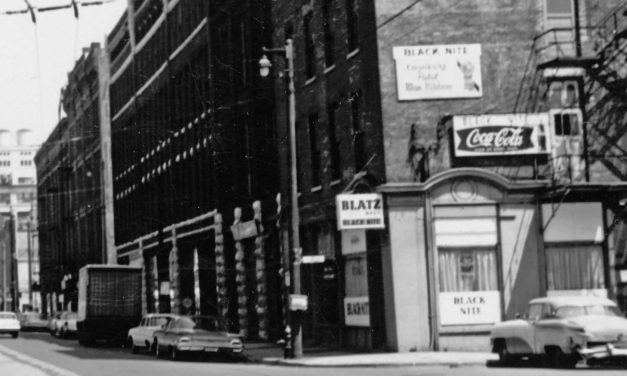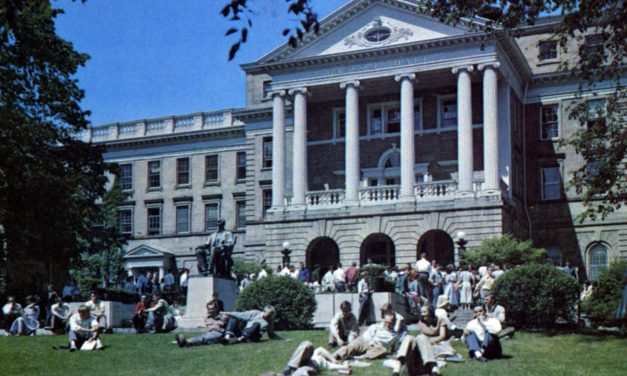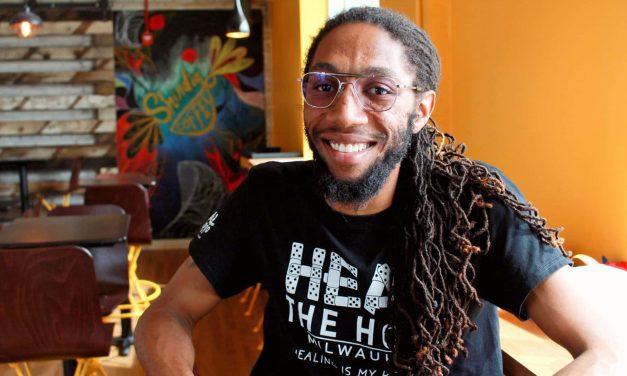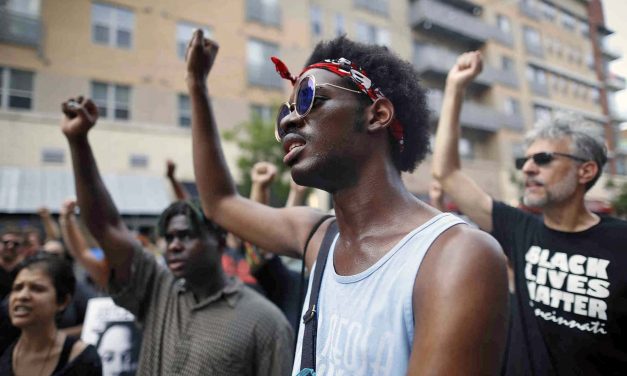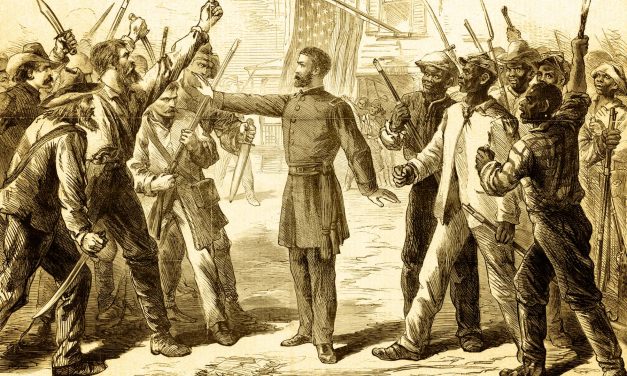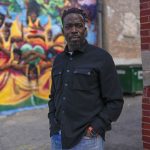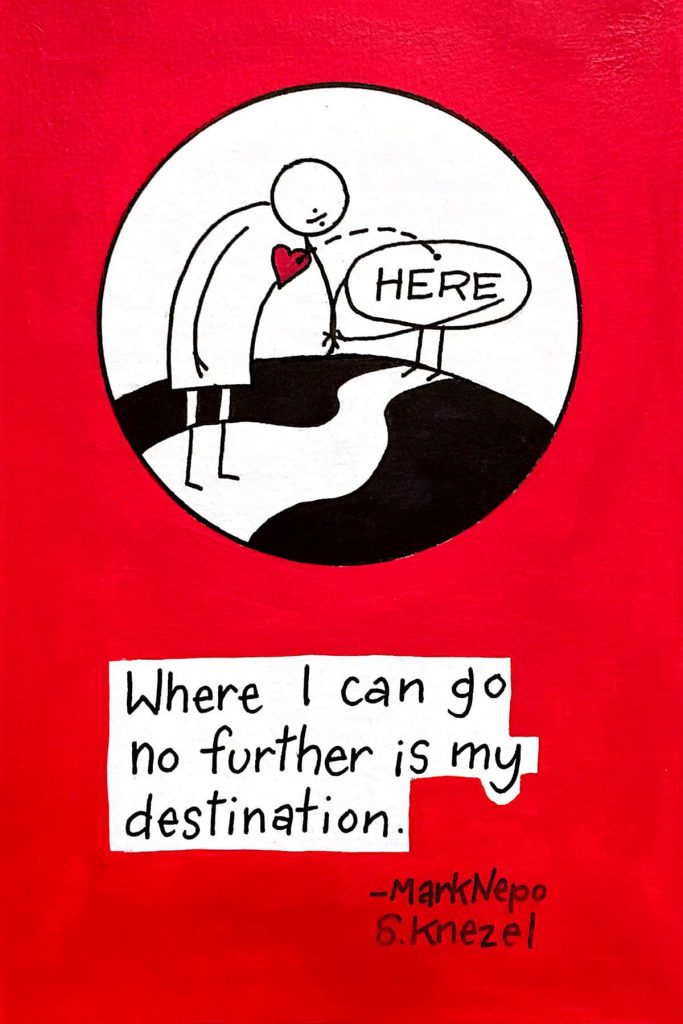QWERTY: How Milwaukee native Christopher Latham Sholes taught the world to type for 145 years
The QWERTY layout is attributed to Milwaukee inventor Christopher Latham Sholes, which made its debut in its earliest form 145 years ago today on July 1, 1874. If you’re near a computer keyboard, take a look at the first six letters on the upper row and you’ll find: Q-W-E-R-T-Y…or…qwerty. So who decided how the letters on our keyboards are arranged, and why that particular configuration? Writer Meg Jones tells the story of Christopher Latham Sholes, a Wisconsin politician and inventor who is considered by many, the “Father of the modern Typewriter.” Who ever would have thought that some day...
Read More

